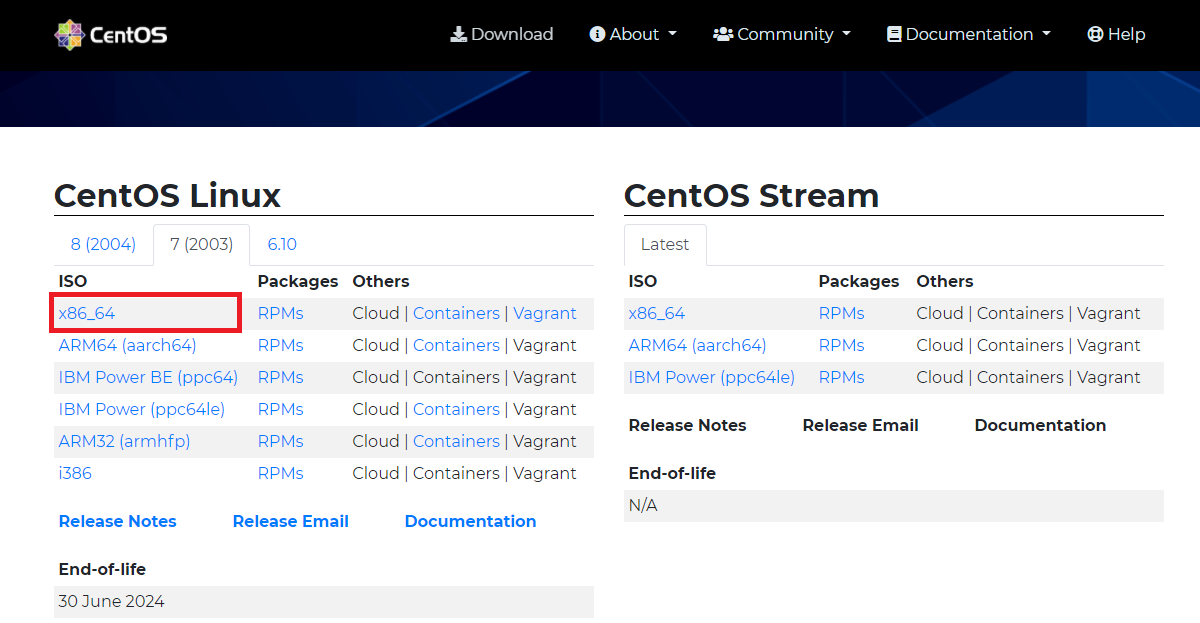

- #CENTOS 7 INSTALL OPENJDK 11 HOW TO#
- #CENTOS 7 INSTALL OPENJDK 11 UPDATE#
- #CENTOS 7 INSTALL OPENJDK 11 LICENSE#
To switch between versions, Type 1 and press Enter to change the Java version. There are 2 programs which provide 'java'.

You will be prompted to indicate the version of Java you want, as shown below: You can run the following command to change the Java version from OpenJDK 8 to OpenJDK 11 as shown below: You can also install multiple versions of Java on a single system and switch between them as needed. If running the command shows a version of Java, that means Java is already installed and ready to go. You can check if it was configured correctly with these commands: That's all! Java is ready to use on your Ubuntu machine. If all packages installation is complete, verify your Java version using the following command.

sudo dnf install java-11-openjdk java-11-openjdk-devel Now type y and press Enter to continue the installation. You can easily install OpenJDK 8 with the following command: To install Java OpenJDK 11 on Rocky Linux, run the command below. Next, you will need to install OpenJDK 8 on your server.
#CENTOS 7 INSTALL OPENJDK 11 UPDATE#
To install Java OpenJDK we will use the distribution's repositories, so it is important to update the package lists first:
#CENTOS 7 INSTALL OPENJDK 11 HOW TO#
serverless framework remove error: “An error occurred: xyzRole – Cannot delete entity, must detach all policies first.This article will teach you how to install Java on Centos 7.Next Post Next Deploying kubernetes Dashboard to a kubeadm created cluster Search for: Search Meta
#CENTOS 7 INSTALL OPENJDK 11 LICENSE#
$ cd /usr/lib/jvm/java-1.7.0-openjdk-1.7.0.151-2.6.11.1.el7_4.x86_64ĪSSEMBLY_EXCEPTION jre jre-abrt LICENSE THIRD_PARTY_READMEįrom here, install the devel package too: sudo yum install java-1.7.0-openjdk-develĬLASSPATH=/home/kev/Oracle/Middleware/patch_wls1036/profiles/default/sys_manifest_classpath/weblogic_patch.jar:/home/kev/Oracle/Middleware/patch_ocp371/profiles/default/sys_manifest_classpath/weblogic_patch.jar:/usr/lib/jvm/java-1.7.0-openjdk-1.7.0.151-2.6.11.1.el7_4.x86_64/lib/tools.jar:/home/kev/Oracle/Middleware/wlserver_10.3/server/lib/weblogic_sp.jar:/home/kev/Oracle/Middleware/wlserver_10.3/server/lib/weblogic.jar:/home/kev/Oracle/Middleware/modules/features/_10.3.6.0.jar:/home/kev/Oracle/Middleware/wlserver_10.3/server/lib/webservices.jar:/home/kev/Oracle/Middleware/modules/_1.7.1/lib/ant-all.jar:/home/kev/Oracle/Middleware/modules/net.sf.antcontrib_1.1.0.0_1-0b2/lib/ant-contrib.jar: Install Java 11 using yum: yum install java-11-openjdk-devel Get all the Java configurations available in your machine: alternatives -config java Run the above command, select the version you want to set, I've set 1 here: There are 2 programs which provide 'java'. Variable points to the location of your JDK. Please edit the startWebLogic.sh script so that the JAVA_HOME If you install java-1.7.0-openjdk you get just the JRE: $ sudo yum install java-1.7.0-openjdk $ java -version java version "1.7.0_151" OpenJDK Runtime Environment (rhel-2.6.11.1.el7_4-x86_64 u151-b00) OpenJDK 64-Bit Server VM (build 24.151-b00, mixed mode) Openjdk packages on CentOS 7 come in a JRE and a JDK (as you’d expect).


 0 kommentar(er)
0 kommentar(er)
